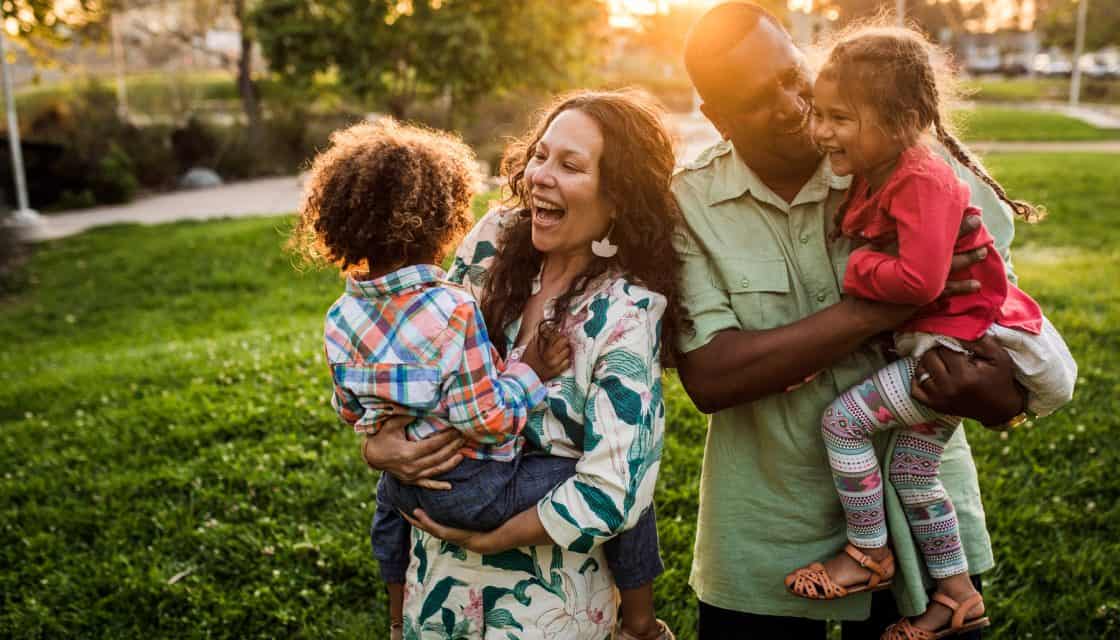In Nigeria, raising a child is not a small task. From navigating school fees and moral development to protecting them from social vices, parenting today feels like a full-time, emotionally taxing job. And it is. The real tragedy? Many parents are doing it alone.
1. The Nigerian Parenting Reality
Whether in the bustling streets of Lagos or the quiet corners of Makurdi, the struggle is real. Parents juggle financial burdens, inconsistent school systems, peer pressure, and cultural expectations—all while trying to raise well-adjusted, God-fearing, value-driven children.
2. The Myth of the “Super Parent”
There’s this unspoken expectation that a parent should have all the answers. But the truth is: no one is built to do this alone. Children thrive best when raised by a supportive ecosystem—family, teachers, mentors, spiritual leaders, and society at large.
3. It Takes a Village
This African proverb still holds true: “It takes a village to raise a child.” Support systems—whether faith-based communities, parenting groups, or educational programs—can make all the difference between overwhelmed parents and empowered ones.
4. The Role of Community and Faith-Based Initiatives
Organizations like RCCI exist for this very reason—to provide a network of support, resources, and guidance to help parents raise not just children, but champions. When parents partner with others who share their values, children get the benefit of collective wisdom and support.
5. What Parents Really Need
More than lectures or judgment, parents need:
Emotional support and prayer
Access to helpful resources
Mentors and counselors
Safe spaces to talk and share
Conclusion:
Raising a child in Nigeria today is a bold and brave task, but no one is called to do it alone. If we truly want to raise the next generation of leaders, dreamers, and change-makers, we must do it together—shoulder to shoulder, heart to heart.

